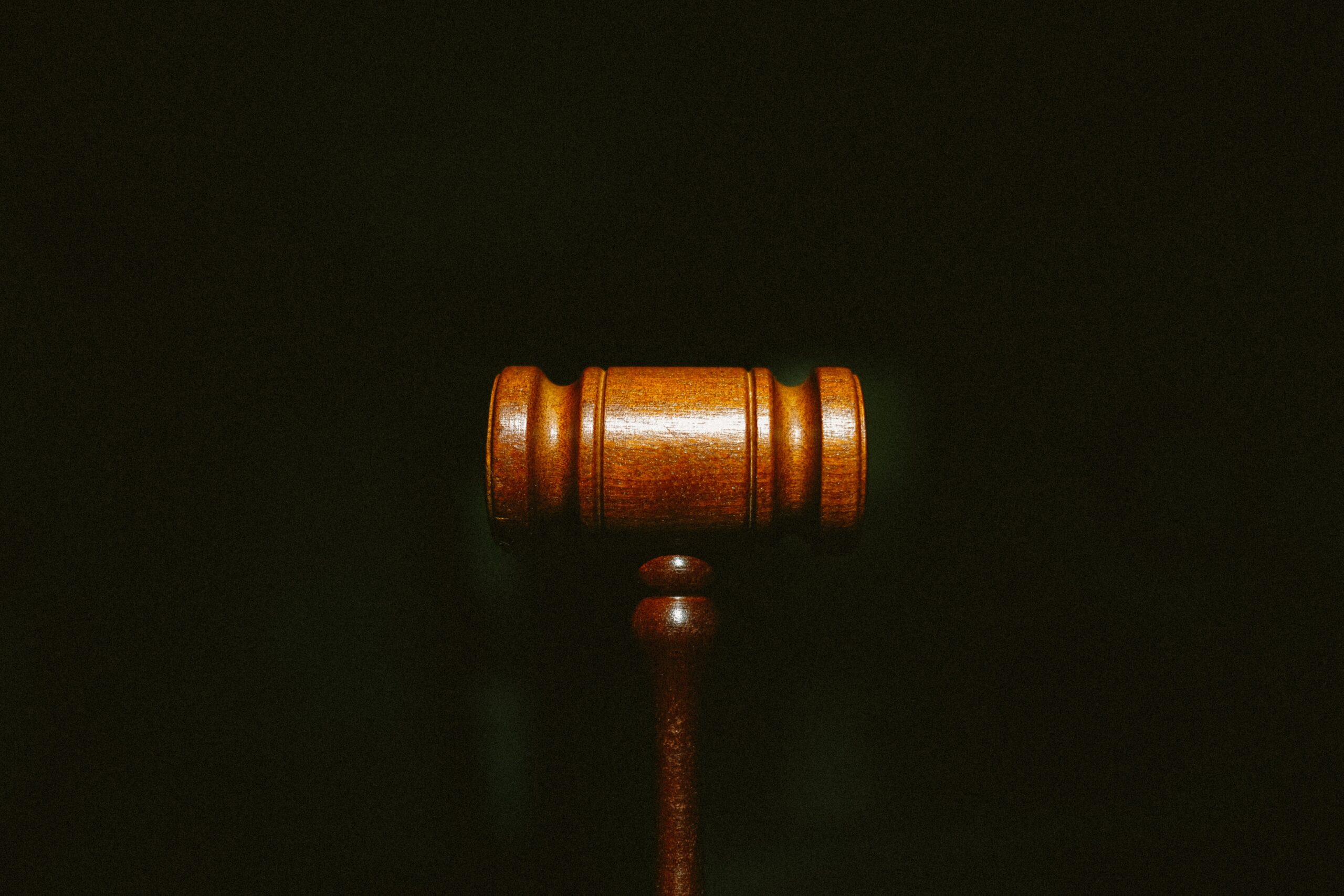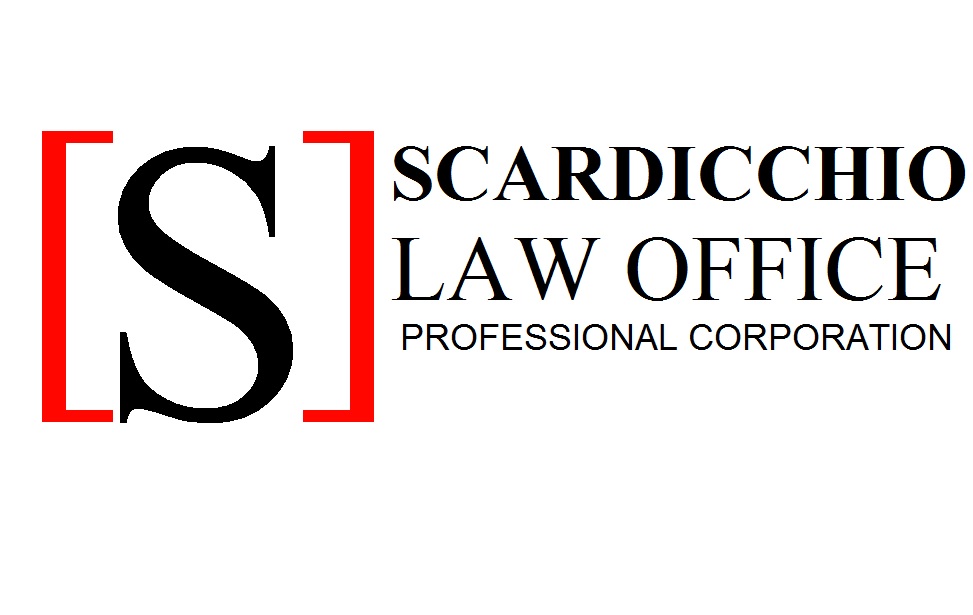Criminal Lawyers Collingwood
Criminal Lawyers Wasaga
Criminal Lawyers in Collingwood – Wasaga Beach
Criminal Lawyers in Wasaga Beach
Charged with a criminal offence in Collingwood or Wasaga Beach? Contact our Criminal Lawyers today for a free case evaluation and find out how our Collingwood & Wasaga Beach Criminal Lawyers can defend your charges. Our experienced team of Criminal Defence Lawyers represent clients routinely in Collingwood & Wasaga Beach. Call our Criminal Lawyers for a free consultation today to find out how we can defend your criminal charges.
Criminal Offences in Wasaga
Our experienced Criminal Lawyers in Collingwood & Wasaga Beach will defend your criminal charges at court, including charges of: Assault, Sexual Assault, Domestic Assault, Assault Bodily Harm, Aggravated Assault, Assault with a weapon, Aggravated Sexual Assault, Utter threats, Criminal harassment, Theft Under $5000 and shoplifting, Theft Over $5000, Robbery, Break & Enter, Fraud Under $5000, Fraud Over $5000, Shoplifting, Drug Possession (Marijuana (cannabis), Cocaine, Ketamine, Heroin, Methamphetamine, fentanyl, LSD, Ecstasy) and Trafficking Drugs, Importing & Exporting Drugs, Cannabis Act charges, Over 80, Impaired Driving (DUI) by drugs or alcohol, Refuse breath sample, Fail to remain at scene of accident, Dangerous Driving, Driving Disqualified or suspended, Mischief Under $5000, Mischief Over $5000, Hate crimes, Possession of property obtained by crime, stolen property, Weapons dangerous, Firearm Possession, Unsafe storage of a firearm, Obstruction of justice, Breach Probation, Breach court order, Kidnapping, Sexual Interference, Obstruction, Forgery, Theft of mail, Forcible Confinement, Arson, Possession of Child Pornography, Luring, Exploitation, Human trafficking, Young Offenders, and more.
Free Consultation in Wasaga
Being charged with a criminal offence can be one of the most difficult times in your life. Contact our Criminal Lawyers in Collingwood & Wasaga Beach to discuss how we can help defend your charges today. Free telephone consultations. Speak directly to a Collingwood & Wasaga Beach Criminal Lawyer today.

Charged with a criminal offence in Collingwood & Wasaga Beach?
If you have been charged with a criminal offence in Collingwood & Wasaga Beach, you need to contact an experienced Criminal defense lawyer who will work to get your charges withdrawn.
Contact our Criminal Lawyers today and speak directly to a Criminal Lawyer. We charge block-fees and will work with you on a payment schedule.
Convenient and flexible payment options
Block-fees
Accept Legal-Aid certificates
Payment plans
Free telephone consultations
Remote meetings, if requested
Satellite Offices across Ontario
“Justice denied anywhere diminishes justice everywhere.”
– Martin Luther King Jr.

Criminal Lawyers defending charges in Collingwood & Wasaga Beach
Collingwood
Barrie
Wasaga Beach
Bradford
Newmarket
Criminal Lawyers. Personal Injury Lawyers. Civil Litigation
The Results You Deserve
Our team of dedicated Criminal Lawyers in Collingwood & Wasaga Beach vigorously defend your criminal charges and work to get you the results you deserve. Contact us today for a free telepone consultation to discuss your case.
Do I give a statement to the police if I am charged with Assault?
If you have been charged with Assault, the police will likely bring you to the police station and ask for a statement. In the interview room you will be audio and video recorded. Other than cooperating by providing your name and address, we advise our clients not to provide a police statement as it will be used in court and may be used against you as an inculpatory statement and you may incriminate yourself.
My first court date is coming up. What can I expect?
On your first court date, if you are not in custody and you are unrepresented, you can expect to stand before a Justice of the Peace and advise the court whether you intend to hire a lawyer or seek legal aid assistance with your case. Covid-19 has drastically changed the manner in which you may attend your first court date. First appearances may be held by video conference Zoom or other methods as outlined by your release documents.
You may or may not receive a disclosure package from the Crown on this date. You will also be required to set a return date in order to advise the court as to how you will be proceedings with your case. It is advisable to secure legal representation prior to your first court date. A lawyer will be able to secure your rights from the beginning. For example, there are important statements about your case that may need to be addressed before the court and reflected on the record, which only an experienced criminal lawyer can do to protect your rights from the start. Having a lawyer from the beginning of your case will give you the leading edge to ensure the best possible outcome.
My Undertaking prohibits me from leaving the Province of Ontario. Can I go on a vacation?
An undertaking includes the terms of your release for the duration of your pending charges. Commonly, the obligation to reside within the Province of Ontario must be followed. Our Criminal Lawyers routinely negotiate your terms of release with the Crown and have the terms varied to accomodate your individual needs.
I was convicted and I need a Pardon. What should I know?
A pardon, now called a “Record Suspension”, is an application to the Government of Canada to remove your criminal record, and create an ability to remove stigma and make a fresh start for travel, employment, and immigration. A person applying for a pardon must have completed their sentence, including Parole/Probation, and have paid any fines or financial penalties ordered. They must have served a required waiting period, which is now 5 years for Summary offences / 10 years for Indictable offences. The new legislation changed this wait period from the previous wait period of 3 years for Summary and 5 years Indictable. Individuals must also have demonstrated that they are law-abiding citizens. A Notice of changes to the Pardons program under Bill C-10, Amendments to the Criminal Records Act (CRA), came into effect on March 13th, 2012. Individuals convicted of sexual offences against minors (with certain exceptions) and those who have been convicted of more than 3 indictable offences, each with a sentence of 2 or more years, are now ineligible for a record suspension.
What are the Immigration Consequences if I am found guilty of a crime in Canada?
Depending on the type of offence, there are specific immigration consequences that an individual who is not a Canadian citizen needs to be aware of. For example, if you are a Permanent Resident, with a single ‘Summary’ (non-hybrid) offence and you receive a conviction in which your sentence is less than 6 months in jail, then you will still be admissible. The same is true for a Foreign National, a Protected Person (i.e. Convention Refugee), and Refugee Claimant. If you have two Summary (non-hybrid) offences that did not arise out of the same occurrence, and your conviction disposition is imprisonment for less than six months, then a Permanent Resident will still be admissible. However, a Foreign National will be inadmissible without appeal. Only a Convention Refugee, Protected Persons, or Claimant Refugee, will be admissible with appeal or refugee claim maintained. The issue arises where a Permanent Resident is convicted of a hybrid or indictable offence and a person receives a conviction with a disposition of imprisonment equal to or more than six months. Then, at Permanent Resident will be inadmissible without appeal. Our Criminal Lawyers understand the consequences of a criminal conviction on a persons status in Canada. We also have connections with well-known Immigration Lawyers who can advise you about the consequences. We always recommend speaking directly to an immigration lawyer for specific questions about your status in Canada. However, our criminal lawyers work very hard to ensure that your status will not be affected by specific outcomes of your charge. Contact our office today to discuss your criminal charge. Ask us about the Faster Removal of Foreign Criminals Act also.
Can I serve my jail term on the weekends?
Yes. If you have been sentence to serve time in jail, and the sentence imposed on you is 90-days or less, you may be able to convince the Judge that serving your jail term on weekends is beneficial to you. You may need to prove that you have a full-time job or a family to support and this may persuade the Judge to consider what is called an “Intermittent Sentence” for you.
What is "house arrest"?
“House Arrest” or a Conditional Sentence is an imprisonment sentence, except the offender serves his time outside jail and usually under strict conditions. There are restrictions on when a judge may impose this type of sentence. For example, the sentence of imprisonment must be less than 2 years; there is not a minimum sentence of jail-time for your offence; it is not a serious personal injury offence, terrorism offence, or a criminal organization offence; etc.
What is disclosure?
Disclosure is material information that the Crown Attorney must disclose to you, which it has in its possession or control and that is not clearly irrelevant. The right to disclosure is founded in the case R v Stinchcombe [1991] 3 SCR 326 at paragraphs 339 and 343. The Crown has an obligation to obtain from an investigative agency any relevant information that it is aware of and must “take reasonable step to inquire about … relevant information.” The Crown’s obligation is also that they must preserve all relevant evidence. This is a joint obligation on the Crown and police. Usually, on the first court date, you will receive a package of disclosure. It is important to hire criminal counsel prior to your first court appearance because there are specific rights that must be stated on the record if disclosure is missing or incomplete.
What is the right to remain silent?
The Right to Remain Silent is your Charter right and it is protected under section 7 and 11(c) of the Canadian Charter of Rights and Freedoms. You may not be compelled as a witness against yourself in a criminal proceeding, and only voluntary statements that are made to police are admissible into evidence. Police must inform an accused about their right to legal counsel. Any statements made to police prior to being informed of your right to legal counsel are to be considered involuntarily compelled and are inadmissible as evidence. After being informed of the right to counsel, an accused person may choose to voluntarily answer questions and those statements would be admissible. We always recommend that you speak to a criminal lawyer before you make any statements to the police. The best advice we can give to you if you have been charged and are in police custody being questioned is to not speak and ask for legal counsel or duty counsel.
How long will my criminal case take to complete?
The answer is, it depends. Your case may resolve quickly depending on many factors. It is important to disclose as much information as possible to your Criminal Lawyer in order for a proper time assessment to be made on your particular matter.
What is a no-contact Order?
A no-contact Order by the court means that you may no contact a person either directly or indirectly. Communication through Facebook or other internet platforms are also not allowed. Contact our Criminal Lawyers to ask about your no-contact Order and see how we can help you.
I am a Young Person and have been charged with a criminal offence. Do I need a Lawyer?
The Youth Criminal Justice Act contains many provisions that build on the use of extrajudicial measures for less serious offences. In order to ensure that your charge follows the appropriate route within the court system, you need a competent criminal lawyer to represent you. Only a lawyer who knows the youth court system very well will be able to ensure that you do not face harsh penalties as a result of your charge.
Can the complainant “take-back” the charges of assault against me?
No. In Canada, a complainant cannot simply take away the statement or complaint they made to the police. Once a charge of assault has been laid by police, your charges will be dealt with by the Crown Attorney and in court. An experienced Criminal Lawyer who defends Assault charges routinely will be able to properly evaluate your particular case and defend your assault charges in court.
What is Domestic Assault?
There is no separate charge for a Domestic Assault under the Criminal Code of Canada. Under the Code, Assault, including an assault of a domestic nature, is found under Section 266 of the Code. Domestic Assaults, however, are treated differently within the courts in Ontario. There are usually domestic violence Crown Attorney’s who form a domestic violence team at each court house. These Crown Attorney’s are well versed in domestic related cases and vigorously pursue these types of cases. Many people accused with domestic assault charges ask whether the charge can be “thrown out” if the complainant “takes back” or recants their initial complaint to the police. The simple answer is, no. There are some circumstances, however, that an experienced domestic assault defence lawyer will be able to defend your domestic assault charges where a complainant has recanted. It is important to hire a Criminal Lawyer immediately before your first court date so your lawyer can make the appropriate requests and submissions during your initial court appearances in order to protect your rights.
I have been charged with Domestic Assault. Will the charges be dropped?
If you have been charged with a domestic assault, it is important to contact a Lawyer immediately to discuss your case. Once the charges are laid by the Police, it is up to the Crown Attorney to proceed with your charges. It is seldom the case that a Crown Attorney will throw your case out unless there are extraordinary circumstances. A Domestic Violence Crown will fully prosecute your case and you will need a qualified Criminal Lawyer to ensure that your rights are fully protected throughout your proceedings.
Can my charges be withdrawn if I am charged with an Assault offence?
An experienced Criminal Lawyer will be able to properly defend your Assault charge with a view to obtaining a withdrawal. Our Criminal Lawyers will defend your assault charges and resolve your case to get you the appropriate results. Depending on the evidence, it is possible to obtain a withdrawal in an assault case.
How do I remove my Fingerprints from the police?
Our services include writing to the appropriate police agency and requesting that your fingerprints and photograph are removed from the police system. If your charge has been withdrawn or discharged, we offer this service in our retainer fee at no additional charges.
What is a Peace Bond?
A Peace Bond is a court order that requires you to keep the peace and be of good behaviour for a period of time. Essentially, during this time it is important to not be charged with another criminal offence. A Peace Bond is not a plea of guilt. It is essentially a withdrawal of your charges on your undertaking to enter into the order. Typically, a Peace Bond will last 12-months. Other orders may be recommended, such as to carry no weapons or to not have contact with a person or place.
What is a Surety?
If you have been asked to be a Surety for someone, it is important to know what this means. A Surety is a person who promises the court that they will supervise an accused person while they are out on bail. The Surety is usually responsible for ensuring that the accused attends all his or her court dates and adheres to the bail conditions of release. A Surety should be a Canadian citizen or permanent resident, be at least 18 years old and generally not have a criminal record. If you are the alleged victim of the present offence, then you cannot be the Surety.
What is a Probation Order?
A Probation Order is a court order on sentencing to do, or not do, certain things for a period of time. Reporting to a Probation Officer usually weekly or monthly is involved. A Probation Officer does have the power to charge you with a further offence if you break any probation orders or do not report to them.
I do not want to plead guilty. What are my next steps?
Our Criminal Lawyers will never recommend that you plead guilty to any offence unless you admit to the facts and choose to do so. If a resolution of your charge is not likely, then you may consider setting a trial date to fully defend your charges.
What is a Discharge?
If you decide to plead guilty, the Criminal Code of Canada provides that you may receive a discharge as a sentence for certain criminal charges. A court may grant a Conditional Discharge or an Absolute Discharge only for offences with no minimum penalty, and a maximum penalty of less than fourteen years. An Absolute Discharge and a Conditional Discharge means that although you are found guilty, no conviction is registered against you. However, a record of an Absolute Discharge or Conditional Discharge is kept by the Canadian Police Information Centre (CPIC) and by the police agency that laid the charge and is only removed (‘purged’) from your police record after 1 and 3 years, respectively.
What if I cannot afford a criminal lawyer?
If you cannot afford a criminal lawyer, our law firm makes specific arrangements with you so that you can make easy payments towards your block-fee bills on a monthly basis. We encourage you to discuss with our lawyers how this fee arrangement may benefit you.
I am not a Canadian citizen and I have been charged with a crime. What does this mean for Immigration?
A criminal conviction may affect your ability to become a Canadian citizen. No matter how long you have lived in Canada, if you are charged with a serious crime, you may face serious immigration consequences relating to your permanent residence status. The Faster Removal of Foreign Criminals Act received Royal Assent on June 19, 2013, which may affect your case. Our Criminal Lawyers have handled many criminal cases where individuals have been charged and face immigration consequences. We work through the criminal justice system to ensure that a criminal conviction will not meet the “serious” status which would ultimately affect your immigration status.
Law
Criminal Lawyers – Collingwood & Wasaga Beach
The Law Firm You Can Trust
H0urs
Monday-Friday: 8am – 11pm
Saturday: 11am – 4pm
Sunday: 12am – 4pm

